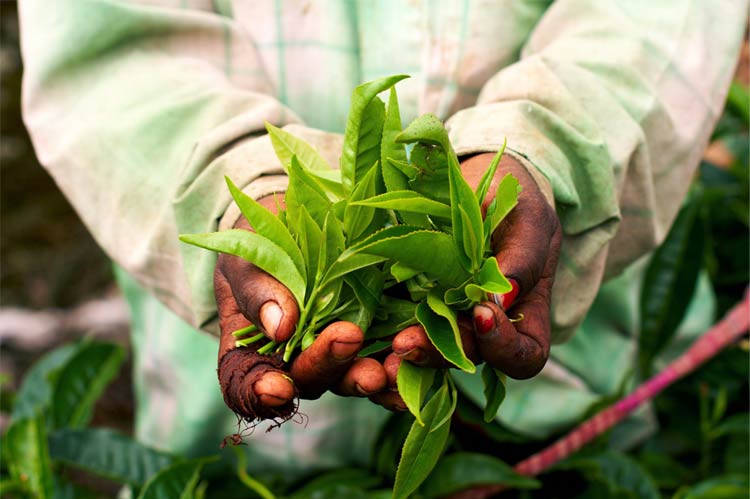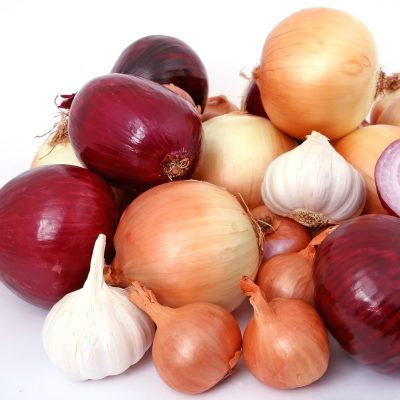Fairtrade ensures farmers are paid a fair price for their products and they are supported with the growth and the development of their businesses, thereby, ensuring the survival of their livelihoods. Fairtrade food further supports farmers for the growth of tea, coffee, cocoa, spices, wheat, fruit, vegetables, cotton, and many more products. It also supports farmers by helping them to improve farming methods, investing in clean water, and the education and health for the whole community.
Fairtrade Food: Provides Fair Wages To Farmers
Fairtrade supports the farmers by providing them with minimum price protection. What this means is that farmers have to be offered the minimum price set regardless of changing market prices. This ensures that farmers’ livelihood and income are safe and they are able to sustain future growth.
Fairtrade Premium is also a scheme which is paid into a social fund which could be used for the education of their children or for family healthcare. Furthermore, this fund could improve and expand their business or build infrastructure such as roads, bridges or wells to support their businesses and their communities. This ensures their children have better future prospects.
Fairtrade Provides Sustainable Livelihoods
Fairtrade provides access to loans to help the farmers invest in their livelihood programmes. These loans are offered at very good sustainable interest rates which come into effect after the product has been produced and sold at market.
National charities such as the UKIM charity are tirelessly working across the globe to provide support to local farmers helping them to farm food and protect their farm animals to help sustain their livelihoods. This coupled with obtaining a fair minimum price through the fairtrade minimum price protection schemes, ensures the farmers’ livelihood is safe for the future providing hope and long term benefit for their families.
Fairtrade Food: Benefits The Environment
Fairtrade is good for the environment. Certified Fairtrade organisations have to conform to the prescribed environmental standards. Farmers get the courage to protect their environment through the use of safe agricultural chemicals. They learn to maintain soil fertility by using genetically modified seeds and organism.
Through these organisations, farmers learn to monitor and manage soil erosion as well as remove the waste properly. Farmers also get the training to monitor their farming practices and the impact it has on the environment. They determine to reduce pollution and harmful farming practices for the environment.
Fairtrade Does Not Tolerate Child Labor
Fairtrade has zero-tolerance for child labor. They are ensuring this through supporting organizations around the world. Children under the age of 15 years cannot get jobs in fairtrade organizations. Children under the age of 18 cannot work in fairtrade organizations. This applies when it may spoil their lives or their educational outcomes.
Fairtrade is helping people on an individual level, community level, and national level. Buying fairtrade food ensures that the farmers get their reward effectively and there is no child labor. There are plenty of children around the world who are suffering at the hands of child labor. We can support the welfare of children by buying fairtrade food to protect the children under the fairtrade working organizations.
Buying fairtrade food helps to provide security for the farmers and their families. This links itself to the economic growth of the family and the whole community which benefits the entire country. Fairtrade also connects the Fairtrade shoppers to the wider farming community in the world. It enables us, as shoppers, to help and support others in the world.





